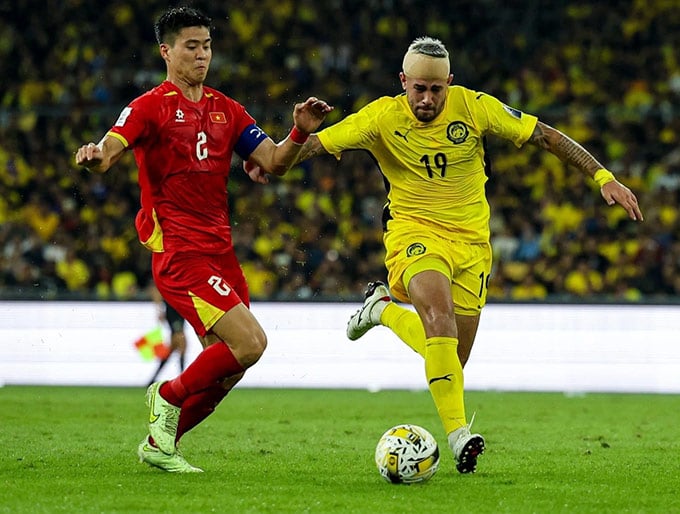 |
| The Vietnamese team must be strong from within and should not pursue a policy of massive naturalization. |
Need to keep identity
The story of naturalization is actually not new to world and regional football. For Southeast Asia, Singapore is considered a pioneer in this style and they have succeeded with the AFF Cup championship in 1998; 2004; 2007; 2012. Indonesia is considered a country determined to pursue the naturalization policy and they have succeeded by becoming the only Southeast Asian representative present in the 4th qualifying round of the 2026 World Cup.
However, there are still countries in Asia that do not use this policy or have it but are very strict in selecting players but still have great success such as: Japan, Korea or Uzbekistan. In addition, the Central Asian representative is a country with a strongly developed football background and they absolutely persevere with their approach. Uzbekistan's squad just won a ticket to the 2026 World Cup Finals with most of the players facing U23 Vietnam in Changzhou (China) in 2018. For Uzbekistan football, this is an inevitable result, because they have a youth training system, along with a generation of quality young players from the policy of developing domestic football.
Back to the story of Vietnamese football. After the 0-4 loss to Malaysia, many people believe that Vietnamese football must adapt to the general trend of the region and world sports in naturalization. In fact, VFF has also applied this method with overseas Vietnamese players such as Philip Nguyen, Pendant Quang Vinh, or naturalized players like Xuan Son. However, seeing the Vietnamese team on the field with a main lineup of mostly naturalized players on the field, it seems to not inspire fans and experts.
Football is ultimately a sport that brings joy and inspiration to the majority of the people; spiritual food for the audience. If watching the Vietnamese team compete without feeling “happy”, no matter how good the results are, the goal has not been achieved. Football must have its own identity. The Vietnamese team must field mostly Vietnamese players, not naturalized players.
Internal investment
For a long time, Vietnamese football people have mentioned that a strong national team must come from a strong football foundation. To have a strong football foundation, we must invest fundamentally and persevere to achieve results. However, between saying and doing is a completely different story. We used to have a generation of strong, quality players from football academies or clubs that focus on developing youth football. However, the number of these academies is too small or football is not persistent, chasing after immediate results, making the quality supply for the Vietnamese team not guaranteed.
It is no coincidence that Japan and South Korea are considered the “big brothers” of the continent. They have a systematic youth training system, guaranteed facilities, and a football system from school to professional level spread throughout the country. That is the example that Vietnamese football needs to learn from. But the high standards of these two football cultures are also a barrier.
For a long time, Vietnamese football people have mentioned that a strong national team must come from a strong football foundation. To have a strong football foundation, we must invest fundamentally and persistently to achieve results. By focusing on internal resources and doing a good job in youth training, we can hope to train a new generation of quality players instead of relying on the source of naturalized players, which is considered unsustainable and full of luck.
Clubs such as Saigon, Truong Tuoi Binh Phuoc and most recently Song Lam Nghe An all followed the Japanese model by inviting experts to support. However, all of them quickly parted ways because they could not meet the strict standards set by the experts.
Therefore, with the current situation, Vietnamese football still has to learn and quickly build a specific strategy to avoid being left behind by regional rivals. The strategy that Uzbekistan built, persistently pursuing the youth training policy to participate in the 2024 Paris Olympics for the first time and now winning a ticket to the 2026 World Cup, is something that Vietnamese football leaders must think about.
After losing to Jordan in the 5th qualifying round of the 2014 World Cup in Asia in 2013, Uzbekistan decided to invest in football, especially youth football. They built many new facilities and sponsored youth football programs. In 2018, Uzbekistan had 14 football academies. Uzbekistan's clubs also focused on youth training, giving young players opportunities to compete and are now starting to reap the rewards.
Forget about the race with Malaysia or Indonesia. Focus on internal resources and do a good job in youth training, we can hope to train a new generation of quality players instead of relying on the source of naturalized players which is considered unsustainable and full of luck.
Source: https://baophuyen.vn/the-thao/202506/ban-sac-va-noi-luc-bong-da-viet-nam-b9c1191/




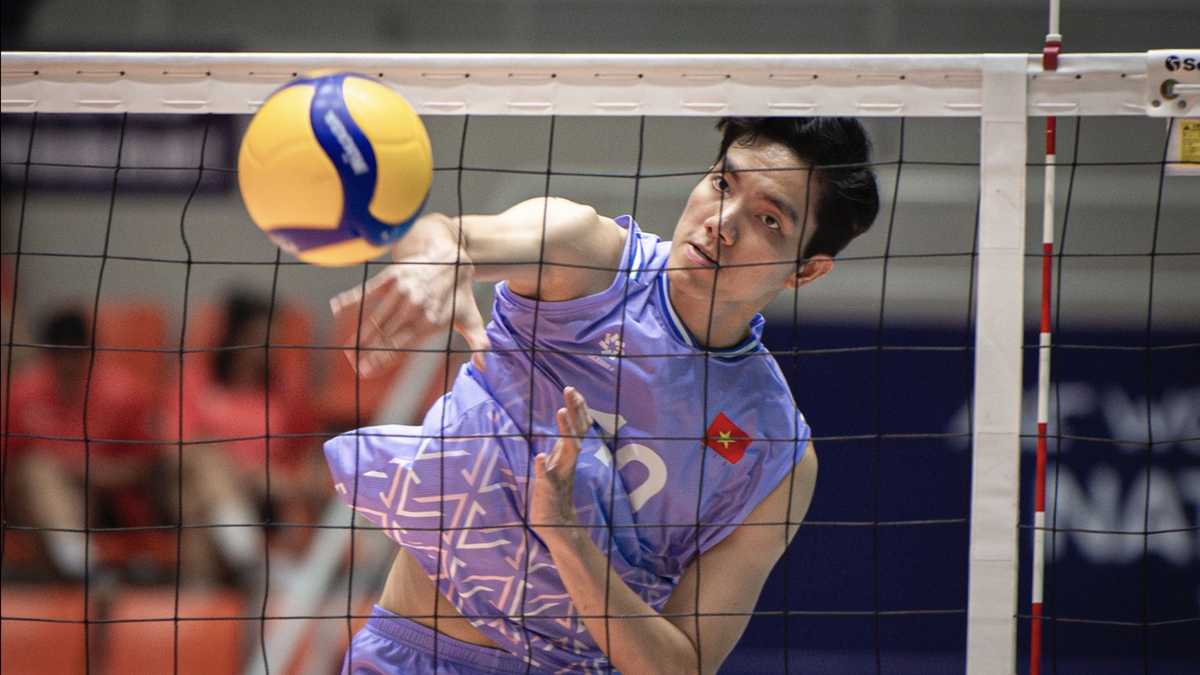







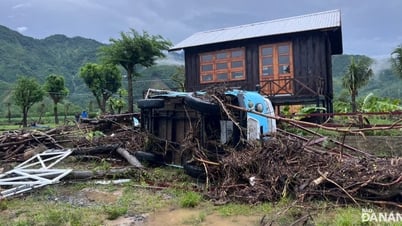

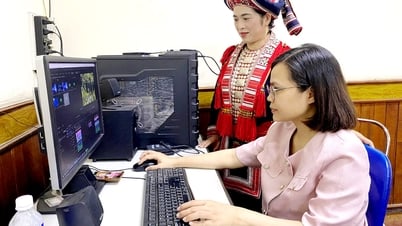

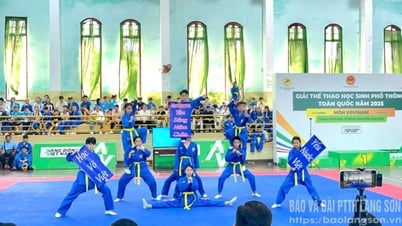







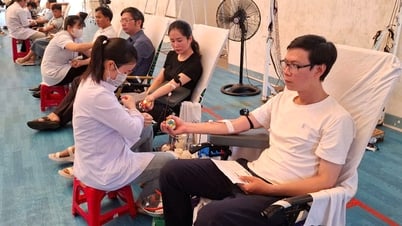


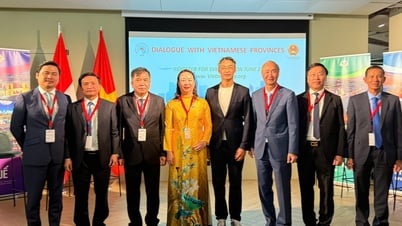
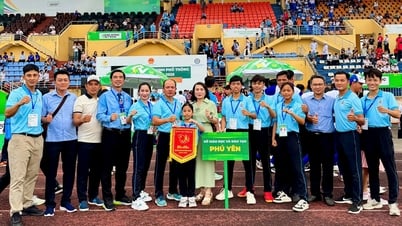

![[Photo] Prime Minister Pham Minh Chinh receives leaders of several Swedish corporations](https://vphoto.vietnam.vn/thumb/1200x675/vietnam/resource/IMAGE/2025/6/14/4437981cf1264434a949b4772f9432b6)








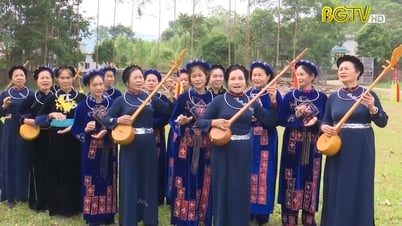










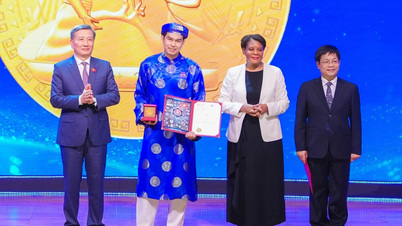











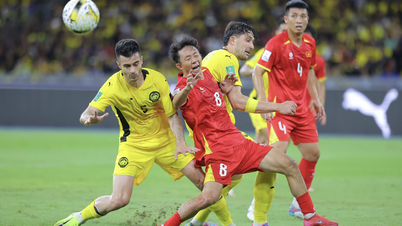


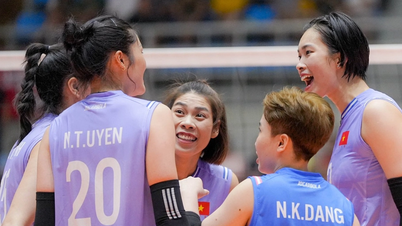







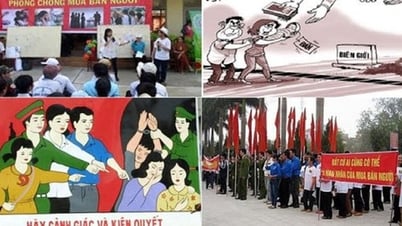
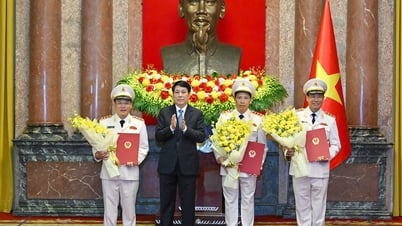

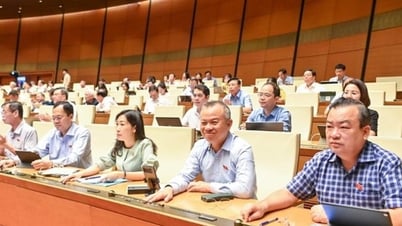


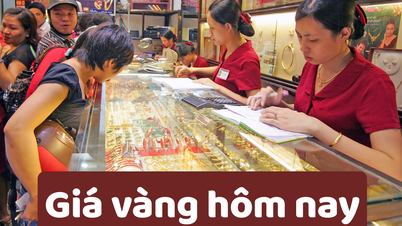

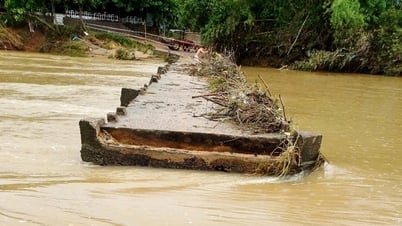










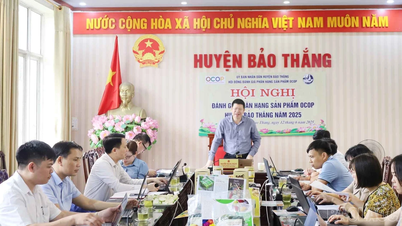


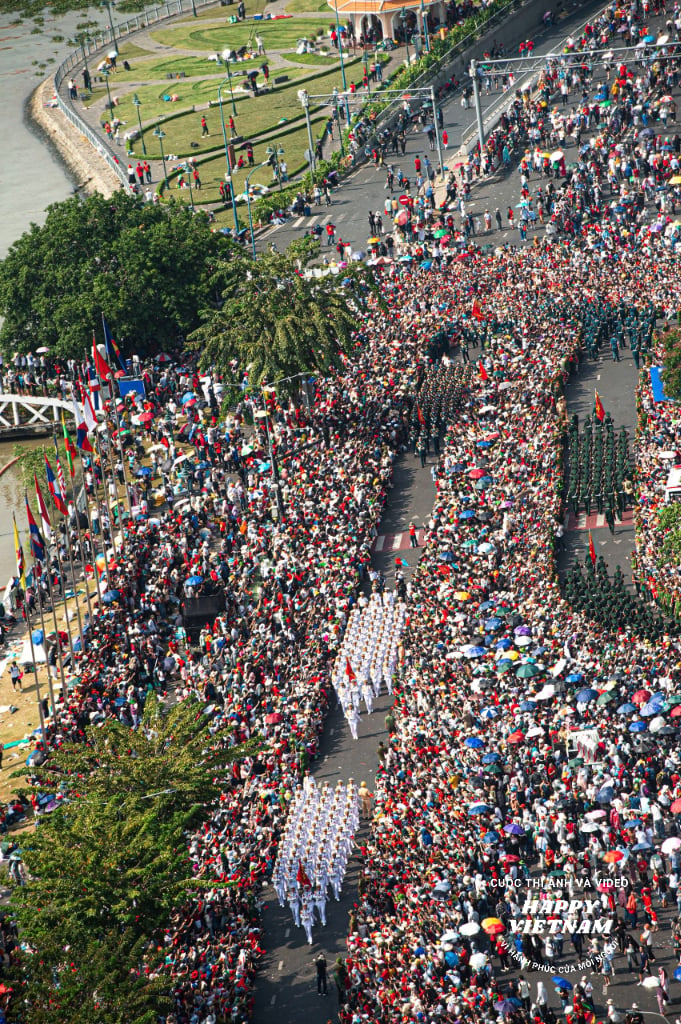

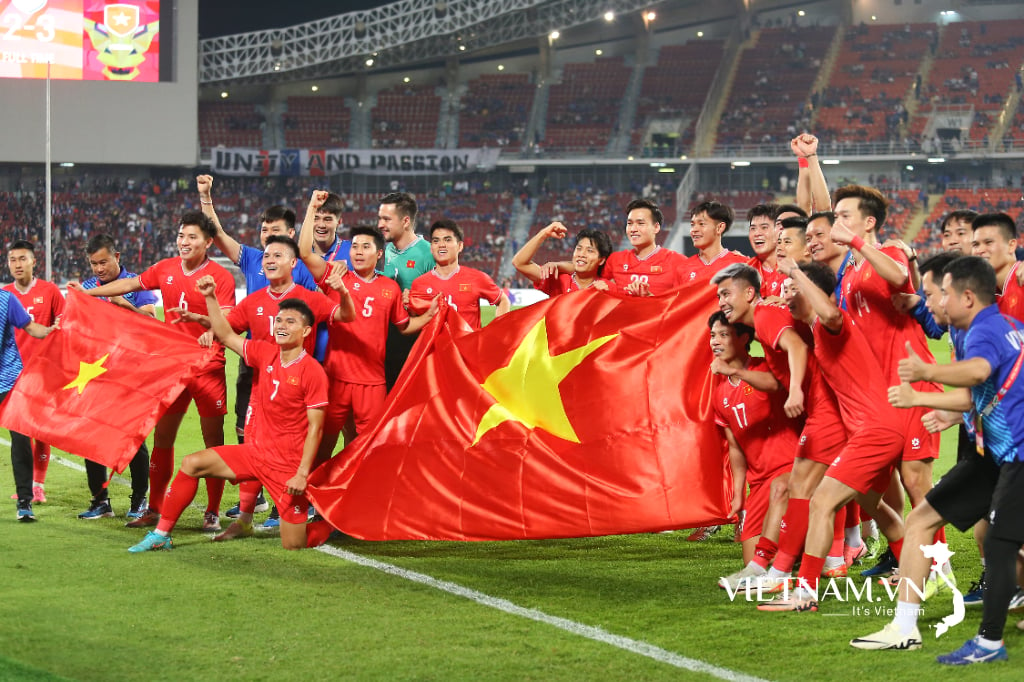

Comment (0)